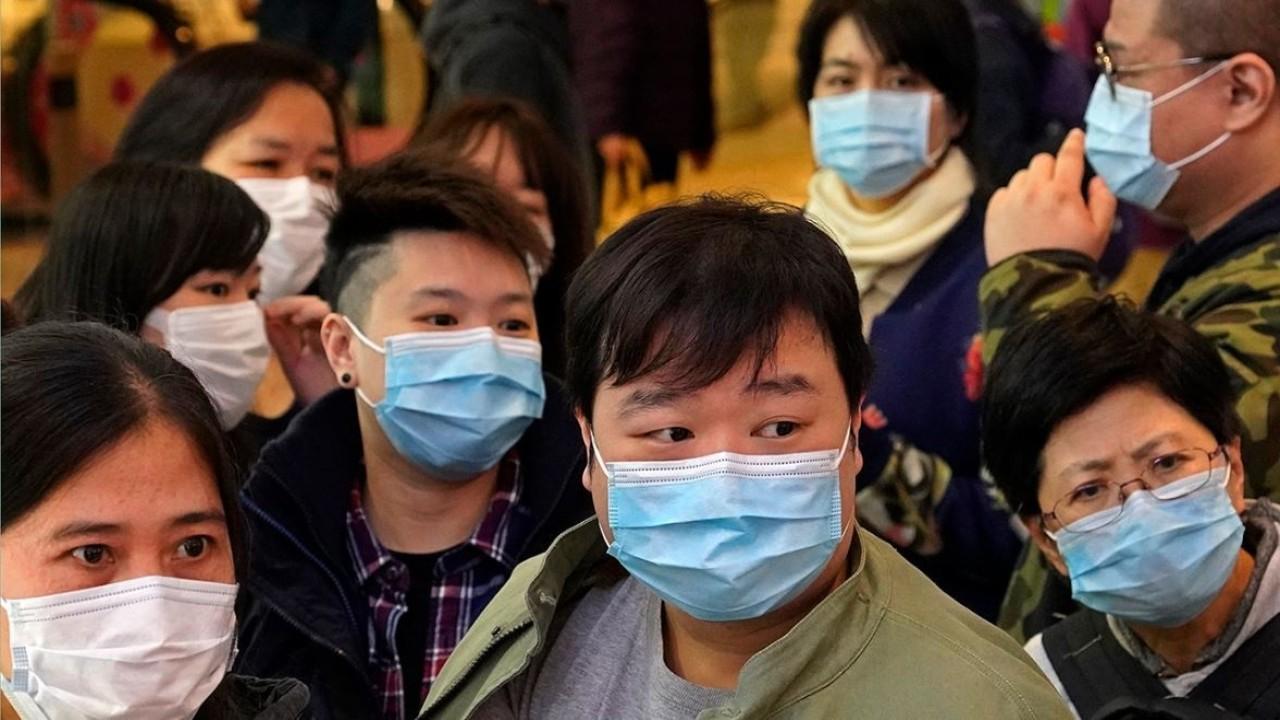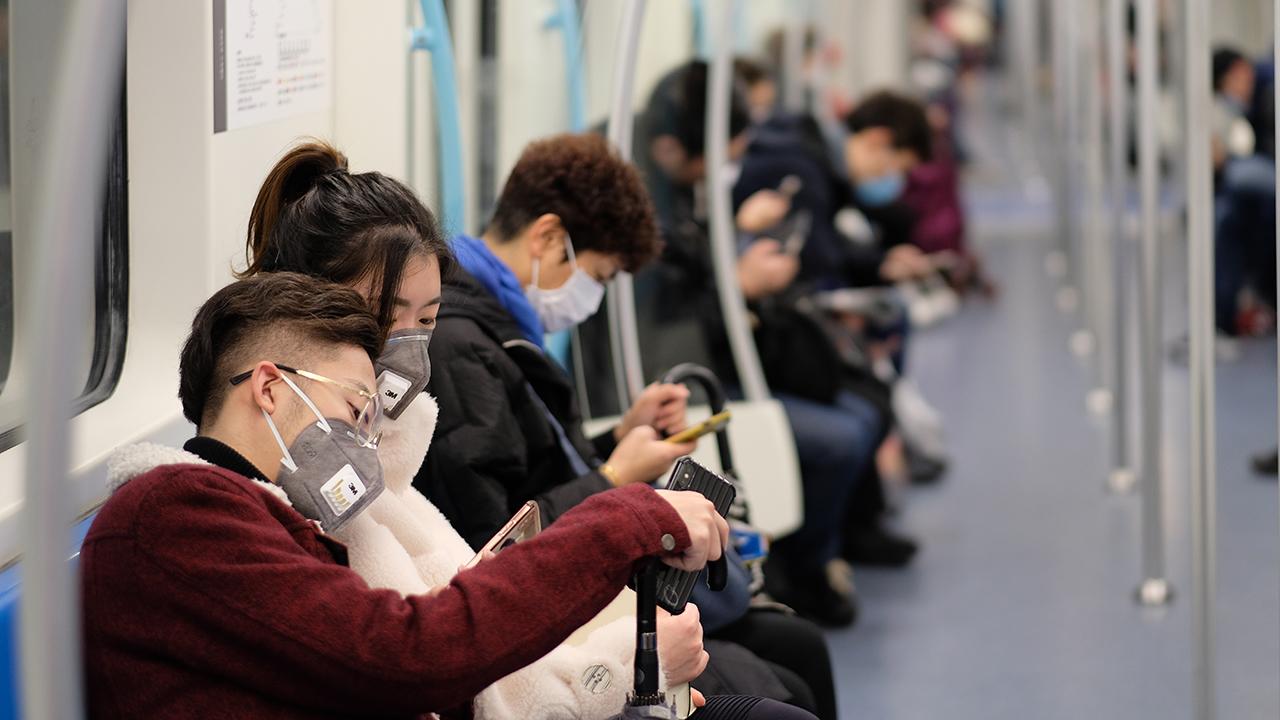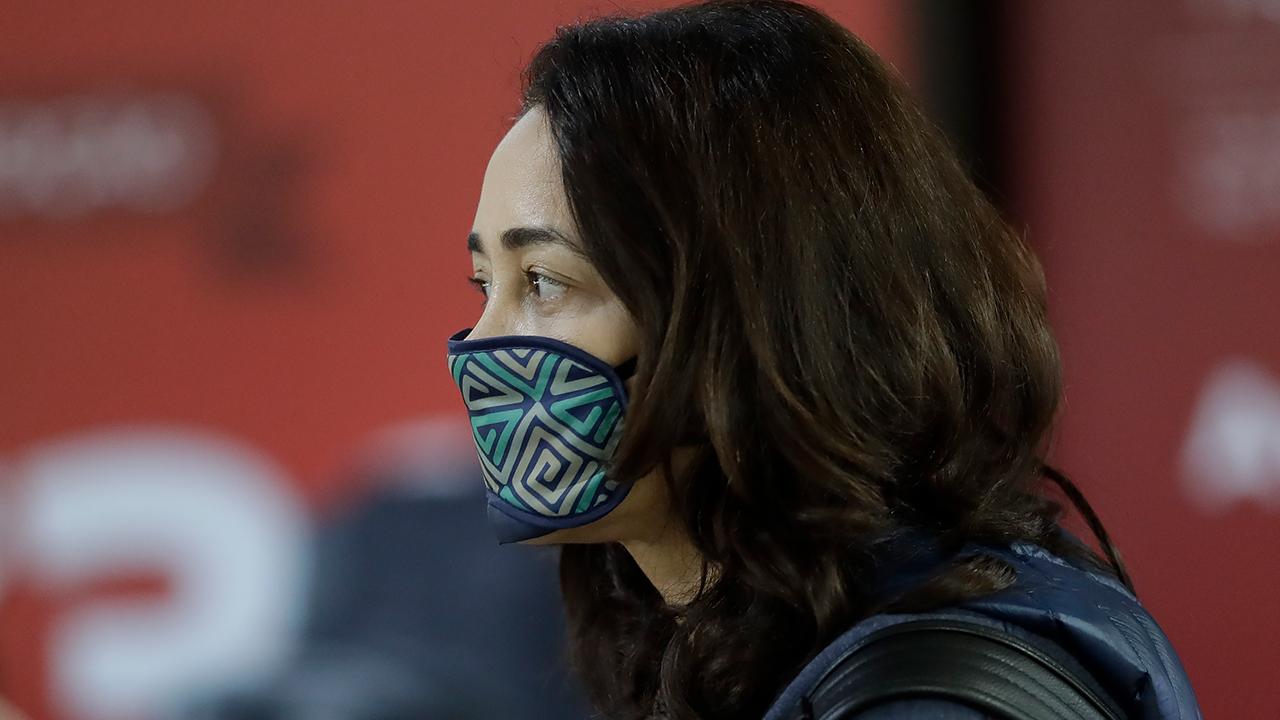Coronavirus and China – Do country's leaders care more about containing democracy or the virus?
Protesters have resisted Beijing’s efforts to undermine Hong Kong’s freedoms and relative autonomy
Hong Kong police arrested several pro-democracy figures early Friday morning on trumped-up charges. The move shows Beijing is more concerned with containing democracy than the coronavirus that emerged from China.
Among the arrested was Jimmy Lai, the only outspoken pro-democracy tycoon in Hong Kong. Lai founded Apple Daily, a popular news outlet in Hong Kong and Taiwan that favors democracy and a free press. Police also arrested two other pro-democracy politicians.
CORONAVIRUS CRISIS – HOSPITALS NEED TO DO THESE 4 THINGS NOW TO PREPARE FOR A PANDEMIC
The three reportedly were charged and released for “illegal assembly” related to one of the scores of mass gatherings against the government that have taken place since last June. Protesters have resisted Beijing’s efforts to undermine Hong Kong’s freedoms and relative autonomy.
Andrew Wan, a pro-democracy member of Hong Kong’s Legislative Council, observed, “The three were not even organizers, this is clearly political persecution.”
Authorities also reportedly charged Lai with allegedly intimidating a reporter in 2017 by using foul language. That journalist works for Oriental Daily, a pro-Beijing competitor newspaper.
In reality, the Hong Kong government, whose activities are increasingly directed by Beijing and the Chinese Communist Party, is trying to use the disastrous coronavirus outbreak to its advantage. Protests have dropped off due to concern about the outbreak. Rather than focus all of their energy on public health, authorities are evidently hoping instead to crack down on pro-democracy sentiment.
CLOROX BOOSTS SANITIZER OUTPUT AMID CORONAVIRUS-DRIVEN DEMAND
It won’t work. Hong Kong residents are incensed at local authorities for not moving faster to seal the border with mainland China. This obvious precaution to halting a viral outbreak wasn’t taken because senior officials in Hong Kong thought the move would upset their masters in Beijing.
This politics-before-health conduct fits with actions by China’s communist government on the mainland, which included harassing doctors who warned of the outbreak and misleading the world of its severity and scope.
Lai’s true sin in the eyes of authorities was probably drawing attention to this fact and its political ramifications. Writing in the Wall Street Journal about the outbreak and coverup, Lai observed: “Deception is China’s true rule of law. Now the world must start asking something that Chinese people living under communism ask themselves every day: How reliable can China’s political, social and economic institutions be when its local government leaders routinely lie to their citizens and superiors alike?”
The simple question must have touched a nerve in Beijing. The Chinese government previously reacted furiously when the Journal ran an opinion piece by Walter Russell Mead titled, “China Is the Real Sick Man of Asia.” Mead similarly linked the coronavirus outbreak with the fragility of China’s political system and economy, despite their facades of strength.
GET FOX BUSINESS ON THE GO BY CLICKING HERE
Neither Lai, Mead nor their respective publications’ editorial inclinations are new. So why is the reaction from Beijing and its cronies different in this instance? The answer may be that coronavirus is an existential threat to the Chinese Communist Party and its boss, Chairman Xi Jinping.
The implicit bargain the Party has made with the Chinese people is that it will provide a growing economy in exchange for its monopoly on power and intense political repression. In recent decades, that economic growth has been stunning and consistent, partly due to a one-sided trade arrangement with the United States that favored China.
But even before the outbreak, America began to alter trade, and China’s economy was probably at zero growth for the first time in decades. Now it is almost certainly in steep recession, the severity of which most foreign financial analysts and economists underestimate.
Across China, factories have been shuttered and entire cities quarantined in an effort to stem the spread of coronavirus. Tourism and business travel have dropped to nil. Foreign companies that have unwisely relied on Chinese production for their supply chains are scrambling to diversify, and many that leave will not return. In Hong Kong, restaurants and malls are empty, and service-industry businesses are facing plummeting enterprise values. The outbreak and mismanagement of public health have dealt another blow to the city’s status as a financial capital.
It’s a shame that authorities in Hong Kong have chosen to side with Beijing. If they think their repression will silence the men they arrested or others in the city, they are mistaken.
As Lai told the New York Times in an interview about Beijing’s intimidation, “If you don’t fight, you get frightened. I have always been a fighter.”
So too are millions of others in Hong Kong, and the fight will go on.
The only thing that has changed is that more and more people are beginning to see that the Chinese Communist Party and Xi Jinping are the real sick men of Asia.
Christian Whiton was a senior advisor in the Donald Trump and George W. Bush administrations. He is a senior fellow for strategy and public diplomacy at the Center for the National Interest and the author of “Smart Power: Between Diplomacy and War.”






















